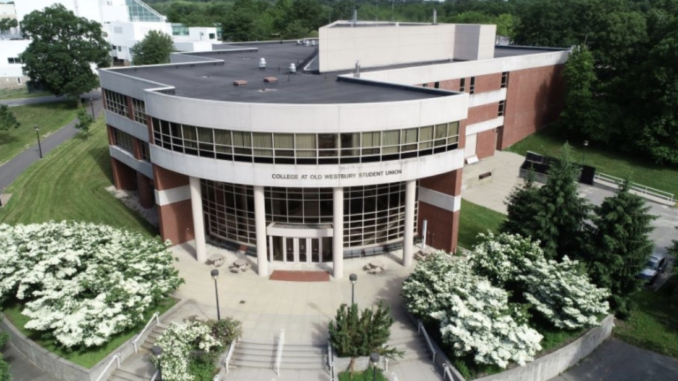
The State University of New York (SUNY) at Old Westbury received more than $200 million for a deep energy retrofit at its campus. This includes a $100.2 million investment the university received from the state, plus approximately $100 million more for the final phases of the project, will transform the college’s Natural Science Building, which was originally opened in 1985. The project is part of SUNY’s Climate and Sustainability Action Plan to achieve net-zero SUNY-wide greenhouse gas emissions and zero waste.
“Once again, people will be looking at New York State as a leader in developing sustainable, green energy solutions that will not only enhance the academic experience for our students and faculty, but also contribute to a healthier environment for all New Yorkers,” Governor Kathy Hochul said. “With this state-of-the-art, energy-efficient facility, we are one step closer to achieving net-zero greenhouse gas emissions and zero waste across the SUNY system while also providing new opportunities for green workforce development and resilience in the face of climate change.”
The renovated Natural Sciences Building is expected to be 50% more energy efficient and will boast a geothermal system for heating and cooling, as well as energy-efficient glazing on the facility’s windows. It will also feature modernized teaching laboratories, a new campus greenhouse, and collaboration spaces for teaching and co-curricular activities. The final future phase is expected to include a green roof.
The Natural Sciences Building at SUNY Old Westbury has served as the academic home for the Biological Sciences, Chemistry, Physics, and Public Health programs. Biology is the second highest program by enrollment at Old Westbury.
The project will be constructed in three phases. The first phase, moving forward this week with a groundbreaking with SUNY Chancellor John B. King Jr. and SUNY Old Westbury President Timothy Sams, focuses on the replacement of outdated laboratory spaces, the relocation of the specialized research equipment and support space, and the creation of surge space. This initial step lays the groundwork for the comprehensive modernization and expansion of the building. The second phase will construct a new addition to the building to house additional space for the departments. The third phase will include the renovation of the balance of interior as well as the exterior rehabilitation of the facility.
“Thanks to the substantial state investment secured by Governor Hochul, this project represents a significant transformation for the Natural Sciences Building, which was built over four decades ago,” King said. “With 40% of state-owned buildings, SUNY has the ability to help achieve Governor Hochul’s ambitious climate goals through exciting projects like this one. Future generations who come to learn on SUNY Old Westbury’s campus and in the Natural Sciences Building will have a brighter, more sustainable future.”
“We are proud that this building, once complete, will exceed the goals SUNY has set for us when it comes to energy and carbon reduction,” Sams added. “As our campus mission demands of us, we will focus on environmental sustainability throughout the course of this work and in the years ahead as we create a facility that will prepare students for work in hospitals, laboratories, wind and chip manufacturing, public health, and more that are so vital to their own and New York’s success.”
State Senator Jack Martins (R-Mineola) said, “I applaud SUNY Old Westbury and Governor Hochul in prioritizing student education at our SUNY Old Westbury campus. This refurbished facility will provide better opportunities for generations of students and have a significant impact as they pursue careers thereafter.”
“This investment right here in my district will transform existing infrastructure to provide SUNY Old Westbury with the latest technology to help increase sustainability and reduce greenhouse gas emissions,” Assemblymember Charles Lavine (D-Glen Cove). “It will also help students, faculty, and researchers meet the demands of modern science education and research. I am so proud of Governor Hochul for her continued commitment to fighting the very real problem of climate change and this institution which is setting the standard for the critical importance of diversity and inclusion in higher education.”

